
Online Dating When You Have a Disability
The Dos and Don'ts to Finding Love Digitally

Online dating is complicated. You have to spend a lot of energy filling out your profile, uploading pics, and suffering through awkward phone conversations and first dates. In the end, when you’ve found someone that makes you happy, it’s all worth it – but when you’re in the midst of it, it can be overwhelming.
Many individuals are hesitant to start the journey of online dating, and it can be scarier when you are a person with a disability. The tips below are not the only way to find love; sometimes things just fall into place in unexpected ways. But I hope they encourage you to make the leap into online dating, and guide you to have a successful experience.
Getting Started & Choosing a Site
• Before you delve into dating sites, know what you are looking for in a partner and in a relationship. If you go in understanding your needs, you will have an easier time setting up a profile and finding that special someone.
• The next step is to figure out which dating site to go with. I’d suggest OKCupid, a free and popular alternative to paid sites like Match.com. There is also dating4disabled.com, a site geared toward finding love within the disability community; the website lets you make a profile, and gives out free credits every month to answer one message. The paid option gives you full access to profiles and their messaging system. OKCupid has a large disability community as well.
• You can always join multiple sites at a time – in fact, I recommend this. You never know what will happen, and it’s best to have as many options available to you as possible.
Building Your Profile
• Now that you’ve settled on a site, it’s time to flesh out your profile. One question I see asked a lot is whether or not to disclose your disability. I am a firm believer that your disability should be mentioned on your profile page, especially if it greatly impacts your life. It weeds out close-minded people from the start so you don’t waste your time, and it can be a way to spark conversation and connection.
• Put your best self out there by highlighting what makes you great. Write about your passions, your hobbies, and your idea of a perfect date. Include goals you are working toward, like getting a degree, writing poetry, or learning a new language. If you include a lot of negativity in your profile, it will turn people off.
• Adding pictures is another hard choice to make. Include at least two pictures – one of a close-up of your face, and one farther away. Don’t feel the need to share your best picture from a fancy event you went to, but choose ones that show the real you – the one you want a partner to know on a daily basis. I like to include a photo of me in my wheelchair, as it gives people a better understanding of my disability.
Chatting and Dating
• Now comes the hard part – actually talking to people. Send messages to those you find interesting and don’t be afraid to initiate conversation. Instead of just typing, “hi,” send a two or three-sentence message saying why you found their profile intriguing and a little about yourself. You can also ask a question; if they say they like reading, ask their favorite book – stuff like that. Make yourself stand out!
• Each person with a disability is different; but from my own experience and from others that I know, don’t expect too many messages or replies. I wish I could say otherwise, but the general population doesn’t always realize people with disabilities date. This is, of course, the opposite of true on sites like dating4disabled.com. But if you are on a more generalized site, take that into account.
• You will get weird messages. Everyone does, but people with disabilities might win the gold medal here. People can ask intrusive questions, make negative comments, or even harass you. There are also people called “devotees,” who have fetishes about disability. Remember – you don’t owe anyone a response. If someone makes you uncomfortable, block them and/or report them to the website. Don’t continue to talk to someone who makes you feel unsafe, no matter the reason.
• Meet someone in person as soon as you are ready. While talking to someone online or over the phone is a great way to start getting to know a person, you eventually want to meet them face-to-face. If your conversations are not progressing, or if that person doesn’t want to meet for months, it might be best to keep looking. People are different online; just because you connect virtually doesn’t mean you’ll connect in person.
• First dates are super awkward. Make them less painful by only grabbing coffee and meeting at a public spot. If the date goes badly, you can just finish your cup and leave. If it’s going well, exchange numbers and plan another date. I think keeping first dates short and sweet is the perfect way to go no matter what.
More Tips
• It is really easy to give up. Finding love is hard for everyone, but negative stereotypes and concepts of disability make it harder for us. While it’s important to take breaks from dating and searching, giving up completely will not help you. I know at times it feels like no one wants to be with you, but that isn’t true. Sometimes the negative thoughts we have about ourselves and our situations are our own worst enemy.
• As stated above, taking breaks are sometimes necessary. It allows you to focus your attention on you, and the things going on in your life. When you get wrapped up in dating, it can take over your mind too much. Take a step back (or just back up a bit in your wheelchair), and do the things you love. Hang out with your friends, virtually or in person. Lean on people in your life for support. Self-care is crucial in a successful relationship, too.
• Speaking of support, find an online community like Easterseals Thrive to talk to other people with disabilities about dating. Sharing your experience and asking for advice is a great way to put your feelings in perspective.
See Easterseals entire collection personal stories and expert tips on love, dating and relationships with disability in the mix.


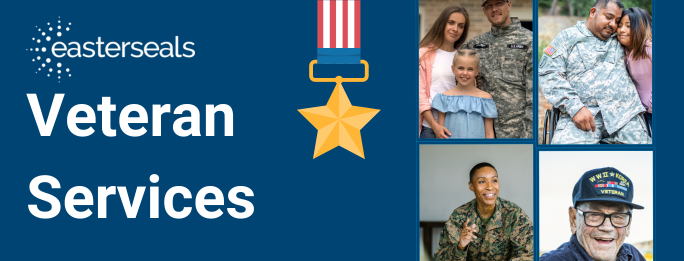
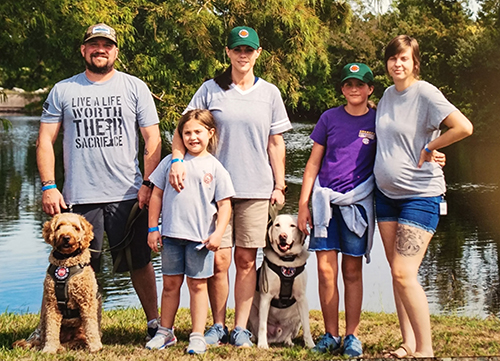
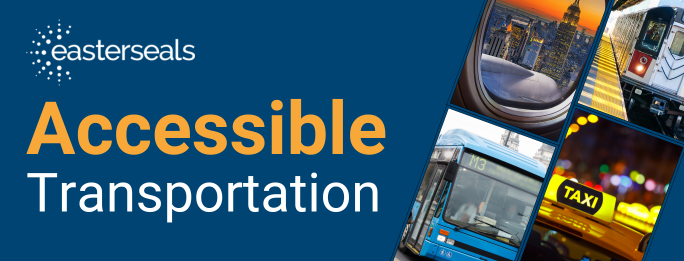


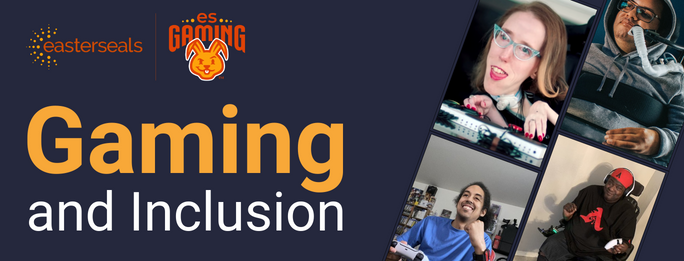
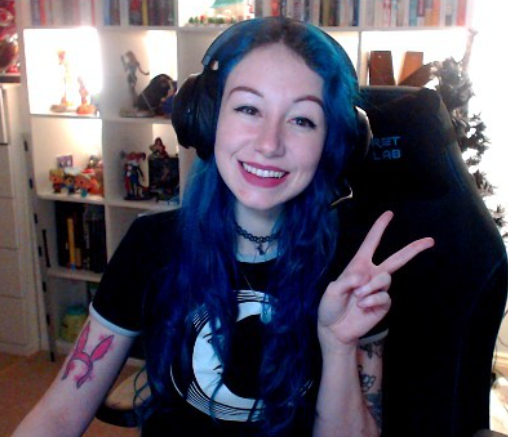 “Streaming is both accessible and not accessible,” Evans said. “The streaming part itself is accessible, in that it allows me to make my own schedule, and I can work it around my disabilities. However, the inaccessible part is the demand for content creators to constantly be networking, attending events and continuously pushing out content. I cannot attend events, and if I can they’re incredible stressful, so all my work networking has basically been done online, which thankfully is becoming a more acceptable side of content creation.”
“Streaming is both accessible and not accessible,” Evans said. “The streaming part itself is accessible, in that it allows me to make my own schedule, and I can work it around my disabilities. However, the inaccessible part is the demand for content creators to constantly be networking, attending events and continuously pushing out content. I cannot attend events, and if I can they’re incredible stressful, so all my work networking has basically been done online, which thankfully is becoming a more acceptable side of content creation.”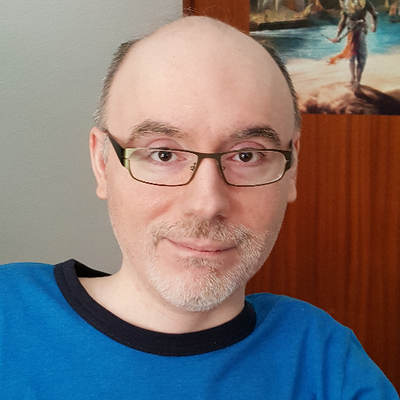 “I must say over the years it has become less and less accessible for me,” Martínez said. “SMA (Spinal Muscular Atrophy) causes strength, endurance and mobility loss as time passes. I can’t use a physical keyboard as I used to, so it’s been years now with an on-screen keyboard. Voice dictation doesn’t work well for me due to my voice being inconsistent, not to mention my accent. In English it can go from totally wrong to acceptable. In Spanish, my native language, it works better.”
“I must say over the years it has become less and less accessible for me,” Martínez said. “SMA (Spinal Muscular Atrophy) causes strength, endurance and mobility loss as time passes. I can’t use a physical keyboard as I used to, so it’s been years now with an on-screen keyboard. Voice dictation doesn’t work well for me due to my voice being inconsistent, not to mention my accent. In English it can go from totally wrong to acceptable. In Spanish, my native language, it works better.”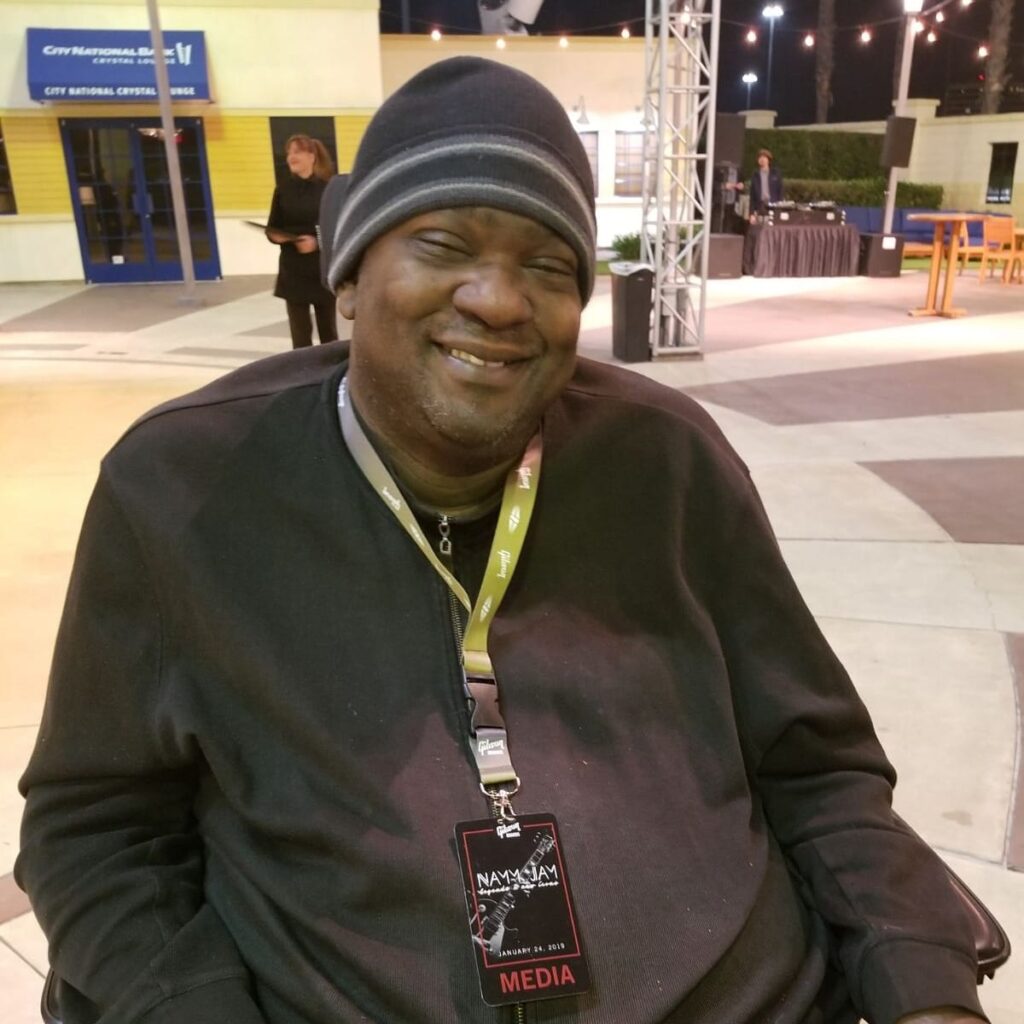 “What drew me to consulting was the opportunity to leverage my unique perspective as both an able-bodied and disabled gamer to improve the gaming experience for others,” Lane said. “I can share the frustrations I’ve faced as a disabled gamer and use that knowledge to advocate for better accessibility features. Companies and studios that I work with go the extra mile to make sure I have everything I need to succeed.”
“What drew me to consulting was the opportunity to leverage my unique perspective as both an able-bodied and disabled gamer to improve the gaming experience for others,” Lane said. “I can share the frustrations I’ve faced as a disabled gamer and use that knowledge to advocate for better accessibility features. Companies and studios that I work with go the extra mile to make sure I have everything I need to succeed.”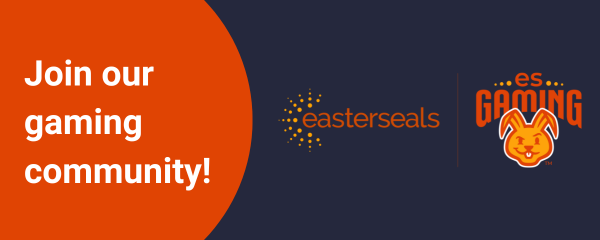



Connect with us on social media